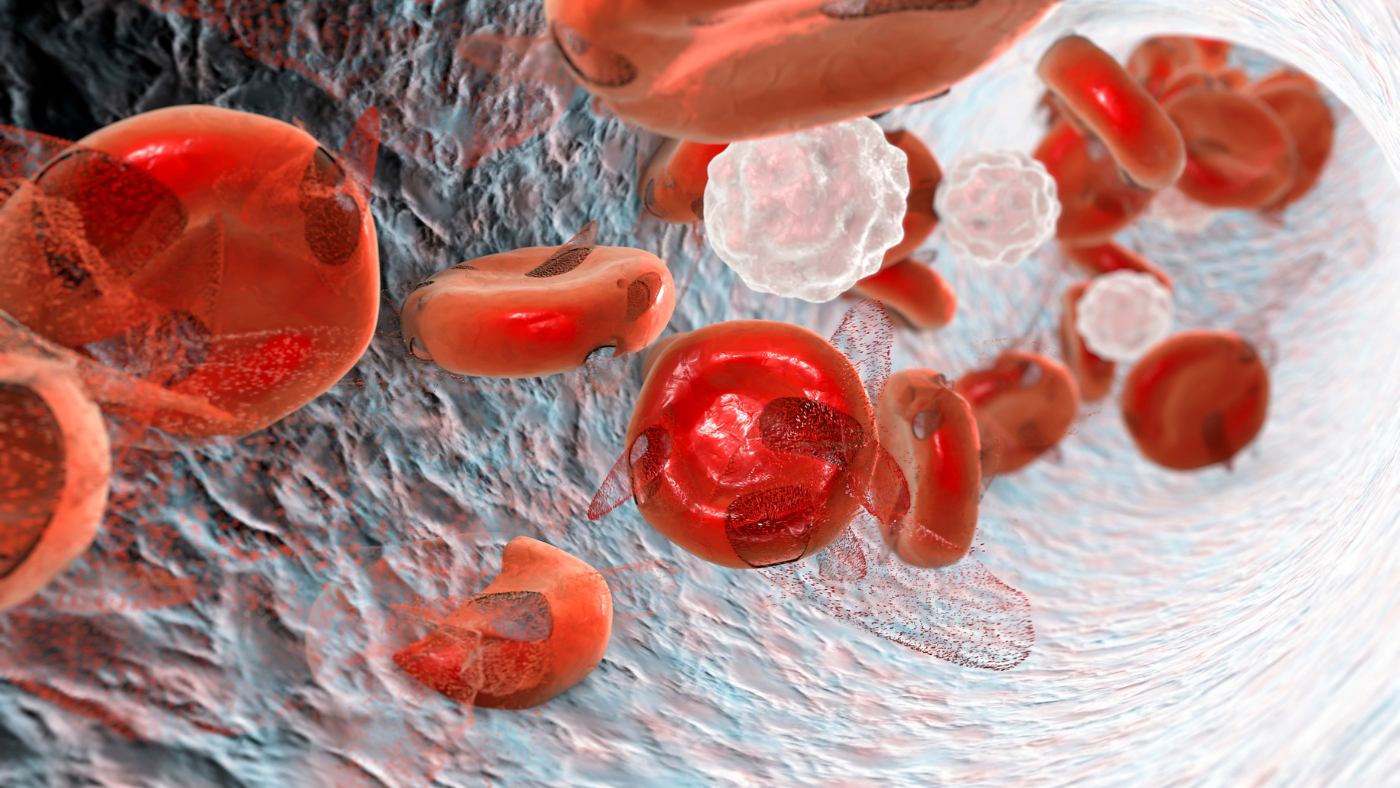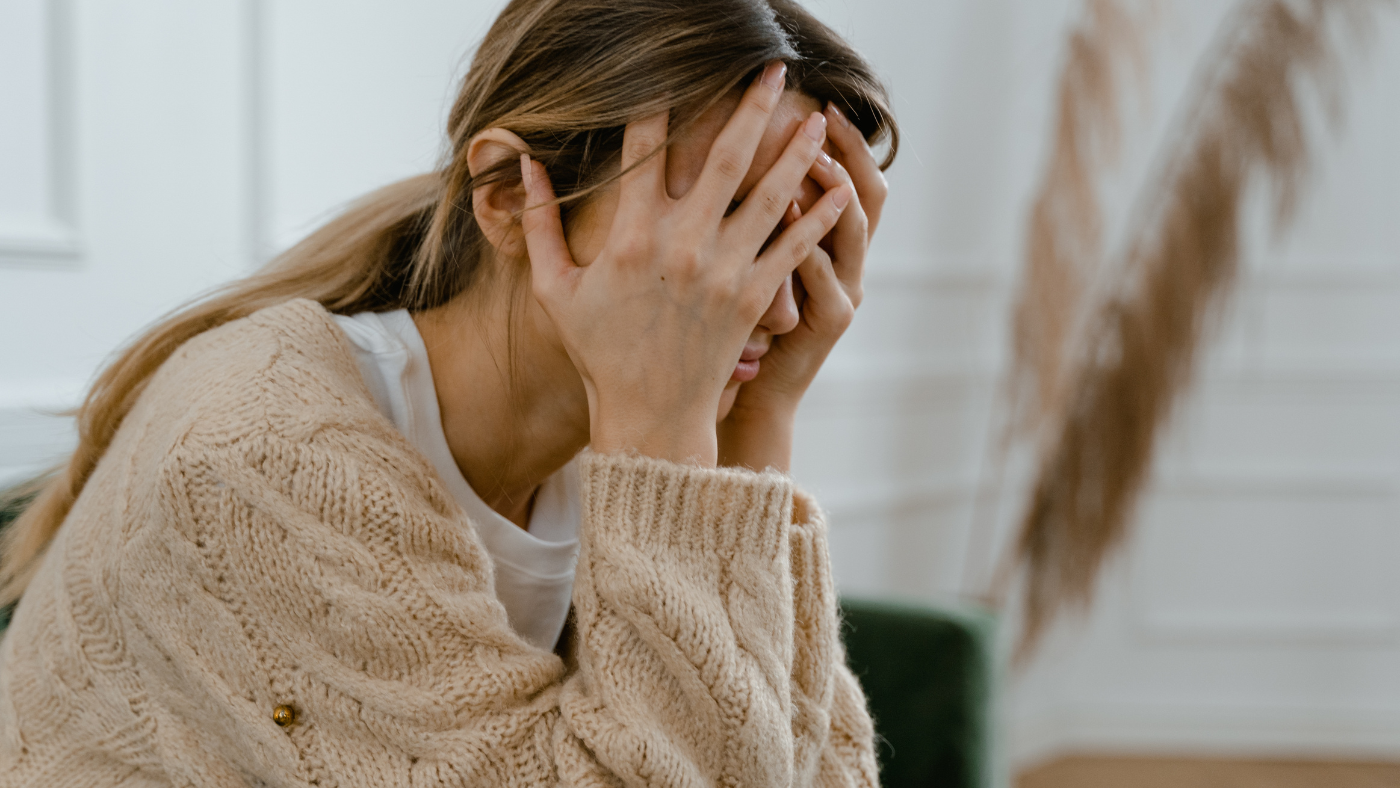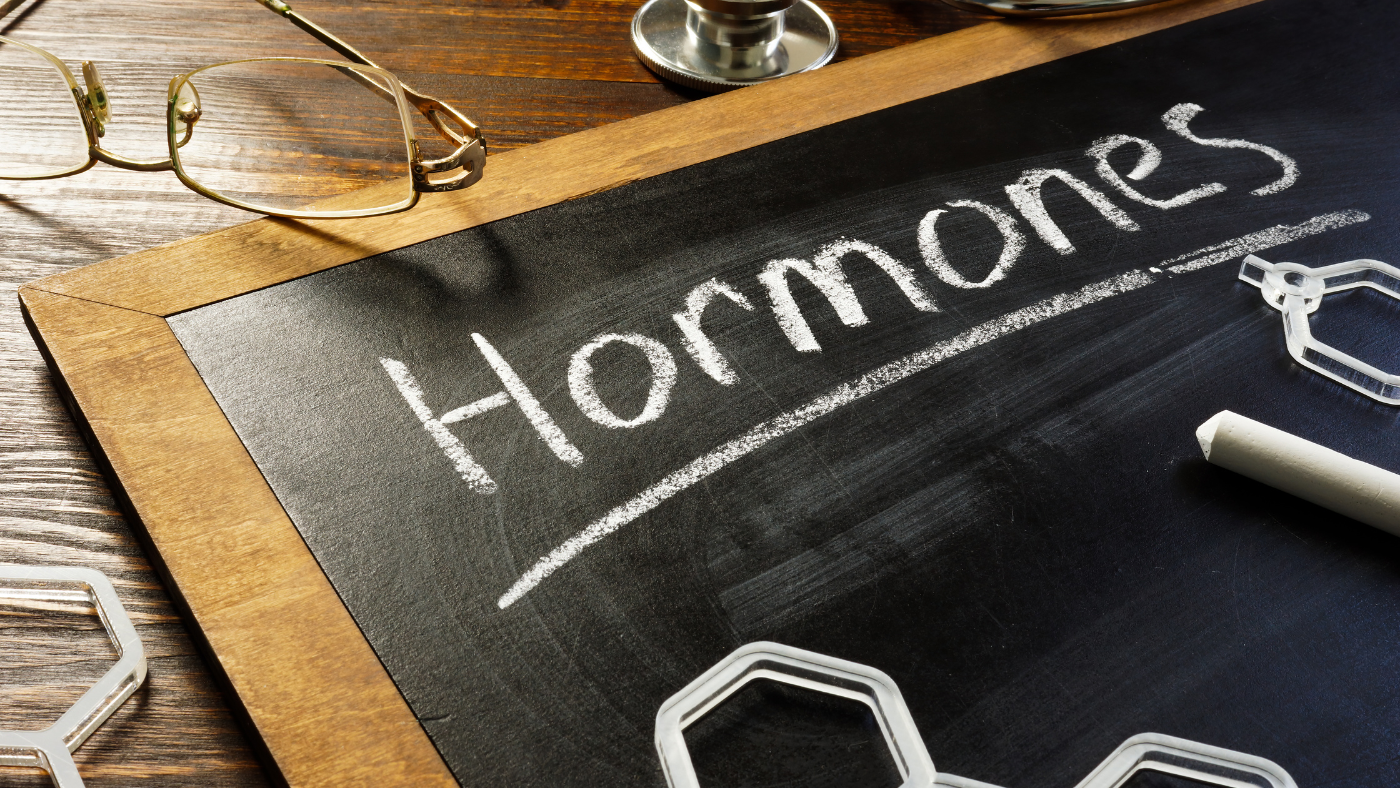Publications

Publications
Eco-beauté : conseils pour des cheveux sublimes et impact minimal sur la planète !
on Oct 17, 2024
De plus en plus de consommateurs cherchent des solutions pour minimiser leur impact écologique sans sacrifier la qualité de leurs soins capillaires. Mais comment combiner santé capillaire et durabilité ?Découvrez des astuces pour intégrer des pratiques éco-responsables à votre routine beauté, tout en préservant vos cheveux.Adoptez une routine capillaire éco-responsable, c’est prendre soin de vos cheveux tout en respectant l’environnement
La routine capillaire éco-responsable : un geste pour soi et pour la planète
Une routine capillaire éco-responsable repose sur des choix réfléchis à chaque étape, de l'achat des produits jusqu'aux gestes quotidiens. Voici les clés pour comprendre les enjeux et adapter votre routine à une approche durable.
Utiliser des produits naturels et biologiques
Les produits conventionnels peuvent contenir des ingrédients chimiques nocifs pour vos cheveux et l'environnement. Optez pour des produits naturels ou biologiques, exempts de sulfates, parabènes, et silicones. Ces produits protègent non seulement vos cheveux, mais réduisent aussi la pollution des eaux.
Limiter la fréquence des lavages
Réduire la fréquence des lavages est non seulement bénéfique pour la santé de vos cheveux, mais permet également de réduire votre consommation d'eau. Laver ses cheveux deux à trois fois par semaine est souvent suffisant, surtout si vous utilisez un shampoing doux et éco-responsable.
Opter pour des produits solides
Les shampoings et après-shampoings solides sont une alternative intéressante pour réduire le plastique à usage unique. Non seulement ils durent plus longtemps, mais leur emballage est souvent biodégradable ou recyclable, réduisant ainsi votre empreinte écologique.
Les bénéfices d’une routine capillaire éco-responsable
Adoptez une routine éco-responsable présente de nombreux avantages, tant pour la santé de vos cheveux que pour l’environnement. Voici quelques-uns des principaux bénéfices.
Réduction des déchets plastiques
L’un des plus grands avantages est la diminution des déchets plastiques. En utilisant des produits sans emballages ou des options recyclables, vous contribuez activement à la réduction des déchets.
Des cheveux plus sains et naturels
Les produits naturels nourrissent vos cheveux en profondeur sans les alourdir avec des substances chimiques. Avec le temps, vous constaterez que vos cheveux retrouvent leur éclat naturel et leur texture est plus douce et soyeuse.
Un impact positif sur l’environnement
Moins de produits chimiques dans les shampoings signifie également moins de pollution des rivières et océans. En choisissant des marques engagées dans des pratiques durables, vous soutenez une chaîne de production plus respectueuse de la planète.
Adoptez une routine capillaire éco-responsable n’est pas seulement une tendance, mais une réelle nécessité pour préserver l’environnement tout en prenant soin de vos cheveux. Chaque geste compte, qu'il s'agisse de choisir des produits plus respectueux, de limiter la consommation d'eau ou d'opter pour des solutions solides.
Commencez dès aujourd'hui à intégrer ces pratiques dans votre quotidien pour des cheveux en pleine santé et un impact minimal sur la planète. Explorez notre gamme de produits naturels et éco-responsables chez Dercay pour un changement durable et bénéfique.

Publications
on Mar 13, 2024
Understand the connection and find solutions for healthy hair
Understanding Anemia and Its Link to Hair Loss:
Anemia can cause decreased blood flow to the scalp, which deprives hair follicles of the nutrients and oxygen needed for healthy hair growth. Additionally, iron deficiencies associated with anemia can weaken hair and make it more likely to break and fall out.
Symptoms of anemia and their impact on hair:
Besides hair loss, anemia can also manifest with other symptoms such as fatigue, weakness, dizziness and headaches. Recognizing these signs can help you identify anemia as a potential cause of your hair problems.
Treatments and strategies to fight anemia and preserve your hair:
Treatment for anemia often involves dietary changes to increase your iron intake, as well as taking iron supplements or other essential vitamins and minerals. A diet rich in iron, vitamin C, and other nutrients can help boost red blood cell production and improve hair health.
Tips for Healthy Hair Growth Despite Anemia:
In addition to treating anemia, it is important to take care of your hair to minimize damage and promote healthy growth. Use gentle, moisturizing hair products, avoid excessive heat and harsh chemical treatments, and nourish your hair with nourishing masks and oils.
If you have anemia and are experiencing hair loss, consult a healthcare professional for an accurate diagnosis and treatment recommendations tailored to your condition.
To complete your approach, discover our pack of anti-hair loss products specially designed to nourish your hair and promote its growth. Don't forget to share this article with others who might benefit from it and follow us for more hair health tips!

Publications
on Mar 13, 2024
Understand the connection and find soothing solutions
Stress has become a daily reality for many people, but did you know that it can also have a significant impact on the health of your hair? In this article, let's dive into the connection between stress and hair loss, and discover effective strategies to reduce stress and preserve your beautiful locks.
How does stress affect hair:
Chronic stress can trigger a condition called alopecia effluvium, which causes sudden, excessive hair loss. During times of stress, the body releases hormones such as cortisol, which can disrupt the hair growth cycle and cause premature hair loss.
The different types of hair loss linked to stress:
Besides alopecia effluvium, stress can also worsen other hair problems, such as male or female pattern baldness, seborrheic dermatitis, and trichotillomania (compulsive hair pulling).
Strategies to manage and reduce stress:
There are many effective techniques for managing daily stress and preventing associated hair loss. These include meditation, deep breathing, yoga, regular exercise, relaxing activities such as reading or music, and maintaining positive social relationships.
Soothing and nourishing hair care:
In addition to managing stress, it is important to take care of your hair to promote its health and growth. Use gentle, natural hair products, avoid tight styles or harsh chemical treatments, and nourish your hair with hydrating hair masks and nourishing oils. If stress is affecting your hair health, take steps now to reduce your stress levels and protect your hair.
Are you looking for soothing solutions to protect your hair from stress? Discover our hair products specially designed to nourish and revitalize your hair while helping to reduce the effects of stress. Check out our range now to take care of your hair and regain healthy, glowing hair !
Don’t forget to share this article with your friends and family to help them take care of their hair health too!

Publications
Hormonal imbalance and hair loss
on Mar 13, 2024
“Hormonal Imbalance and Hair Loss: Understanding the Links and Finding Solutions”
Have you ever noticed unusual hair loss and struggled to understand the cause? Hormonal imbalance can play a major role in the health of our hair, but it is often overlooked. In this article, let's dive into the complex world of hormones and discover how they can influence hair loss, as well as strategies to restore hormonal balance and regain healthy, abundant hair. Hormones and their impact on hair:
To understand the impact of hormonal imbalance on hair loss, it is essential to know the main hormones involved. Hormones such as estrogen, testosterone, progesterone and thyroid all play a crucial role in regulating hair growth. Any imbalance in these hormones can disrupt the hair growth cycle and lead to excessive shedding.
The causes of hormonal imbalance:
Hormonal imbalance can be caused by a variety of factors, including stress, thyroid disorders, natural hormonal fluctuations such as menopause or pregnancy, medications, eating disorders, and more. Identifying the underlying cause of hormonal imbalance is crucial to effectively treating associated hair loss.
Solutions to restore hormonal balance: Fortunately, there are several natural ways to restore hormonal balance and reduce hair loss. Simple lifestyle changes, such as reducing stress, eating a balanced diet, exercising regularly and managing weight, can help regulate hormones. Additionally, hormonal supplements or medical treatments may be recommended in some cases, under the supervision of a healthcare professional. Do you want to restore hormonal balance and fight hair loss? Discover our anti-hair loss products , specially designed to promote healthy and abundant hair. Check out our range now to take care of your hair and regain your self-confidence!

